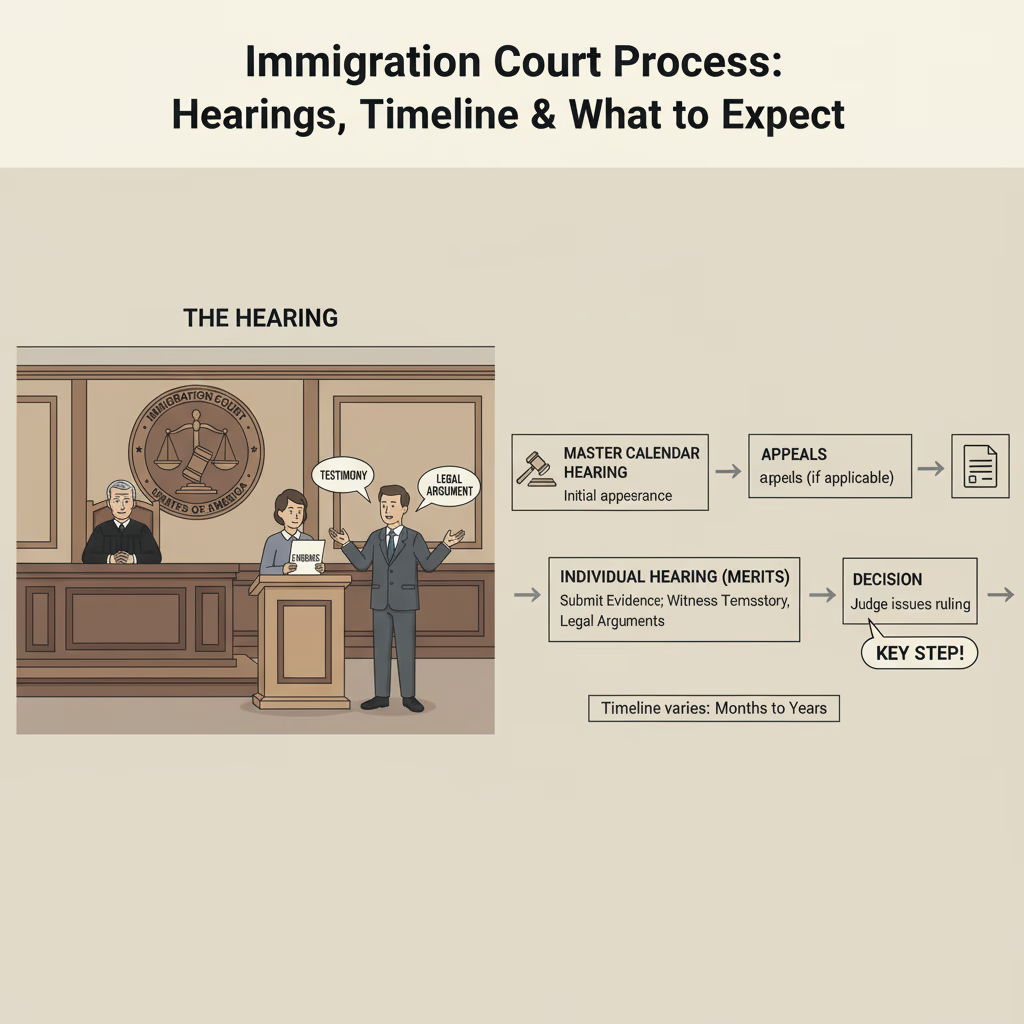Are you going through a divorce in Texas and wondering about the financial support you may receive or provide to your former spouse? Understanding the distinction between alimony and spousal support is crucial. In this article, we will explore the differences between these two terms and shed light on how they are treated under Texas law.
While the terms “alimony” and “spousal support” are often used interchangeably, they have distinct meanings in Texas. Alimony typically refers to payments made by one spouse to another following a divorce. On the other hand, spousal support can be temporary and is often provided during the divorce process. Additionally, Texas law has specific criteria for awarding alimony, such as the length of the marriage and the financial needs of the receiving spouse.
Understanding the nuances of alimony and spousal support in Texas is essential for navigating a divorce and ensuring fair financial outcomes. By educating yourself on these terms and the relevant laws, you can make informed decisions and protect your financial interests. So let’s dive in and explore the differences between alimony and spousal support in Texas.
Definition and Purpose of Alimony
Alimony, often referred to as spousal maintenance in Texas, is an arrangement where one spouse provides financial support to the other following a divorce. The purpose of alimony is to address any disparities in income and provide for the needs of the lower-earning spouse. It is typically awarded when one spouse is financially dependent on the other and needs assistance to maintain a reasonable standard of living.
In Texas, alimony is governed by specific guidelines outlined in the Texas Family Code. These guidelines dictate the eligibility criteria, duration, and amount of alimony that may be awarded. Understanding these guidelines is crucial for both parties involved in a divorce to ensure a fair and just outcome.
Definition and Purpose of Spousal Support
Spousal support, on the other hand, is a temporary form of financial assistance provided to a spouse during the divorce process. The purpose of spousal support is to help the dependent spouse meet their financial needs until a final settlement is reached. It is often awarded to ensure both parties can maintain their standard of living during the divorce proceedings.
Unlike alimony, spousal support is not regulated by specific guidelines in Texas. Instead, it is determined on a case-by-case basis, taking into consideration factors such as the financial needs of the dependent spouse and the ability of the supporting spouse to provide financial assistance.

Key Differences between Alimony and Spousal Support
While alimony and spousal support serve similar purposes, there are key differences between the two. The main distinction lies in their duration and timing.
Alimony is typically awarded after a divorce is finalized and can last for an extended period of time, depending on the circumstances. It is intended to provide long-term financial support to the dependent spouse, especially in cases where the marriage was of significant duration or one spouse sacrificed their career for the benefit of the family.
Spousal support, on the other hand, is temporary and only provided during the divorce process. Its purpose is to ensure both parties can maintain their standard of living until a final settlement is reached. Once the divorce is finalized, spousal support ends, and the court may then consider awarding alimony if the eligibility criteria are met.
Eligibility Criteria for Alimony in Texas
To be eligible for alimony in Texas, certain criteria must be met. These criteria are outlined in the Texas Family Code and are essential for determining whether a spouse is entitled to receive alimony.
One of the primary eligibility factors is the length of the marriage. In general, the longer the marriage, the more likely it is that alimony will be awarded. Additionally, the court will consider the financial needs of the receiving spouse, their ability to meet those needs independently, and the ability of the supporting spouse to provide the necessary financial support.
Other factors that may influence the eligibility for alimony include the age and health of the spouses, the education and employment history of the receiving spouse, and any contributions made by either spouse to the marriage.
Eligibility Criteria for Spousal Support in Texas
As spousal support is temporary, the eligibility criteria differ slightly from those of alimony. In Texas, the court may award spousal support if the dependent spouse lacks sufficient property to meet their reasonable needs during the divorce process. The court will consider factors such as the income and expenses of both parties, the duration of the marriage, and the ability of the supporting spouse to provide financial assistance.
It is important to note that the availability and amount of spousal support in Texas are not predetermined like alimony. The court has discretion in determining the temporary support and will consider the unique circumstances of each case.

Factors Influencing Alimony Awards in Texas
When deciding on alimony awards in Texas, the court takes several factors into consideration. These factors play a crucial role in determining the amount and duration of alimony.
One of the primary factors is the financial needs of the receiving spouse. The court will assess the spouse’s expenses, including housing, healthcare, and other essential living costs, to determine the amount required for alimony. The court will also consider the paying spouse’s ability to provide financial support without experiencing significant hardship.
The court will also consider the earning capacity and potential of both spouses. If the receiving spouse has the ability to become self-supporting through education or training, the court may award a lower amount of alimony or limit its duration.
Other factors that may influence alimony awards include the age and health of the spouses, the standard of living during the marriage, any contributions made by either spouse to the marriage or household, and any instances of marital misconduct.
Factors Influencing Spousal Support Awards in Texas
As spousal support is temporary, the factors influencing the awards are slightly different. The court will consider the financial needs of the dependent spouse during the divorce process, including their ability to maintain their standard of living. The court will also assess the ability of the supporting spouse to provide financial assistance without experiencing undue hardship.
Additionally, the court may consider the duration of the marriage and any contributions made by either spouse during the marriage. The court aims to ensure both parties can maintain their lifestyle throughout the divorce process, taking into account the financial disparities between the spouses.
Tax Implications of Alimony and Spousal Support in Texas
Understanding the tax implications of alimony and spousal support is crucial for both the paying and receiving spouse. In Texas, alimony is generally taxable income to the receiving spouse and can be deducted by the paying spouse for tax purposes. However, spousal support is not taxable income to the receiving spouse and cannot be deducted by the paying spouse.
It is important to consult with a tax professional or attorney to fully understand the tax implications of alimony and spousal support in your specific case. This will ensure compliance with tax laws and prevent any unexpected financial burdens.

Conclusion: Understanding the Distinction
In conclusion, alimony and spousal support may sound similar, but they have distinct meanings and implications in Texas. Alimony is typically awarded after a divorce, providing long-term financial support to the dependent spouse. Spousal support, on the other hand, is temporary and provided during the divorce process to maintain the standard of living of both parties.
Understanding the eligibility criteria, factors influencing awards, and tax implications is crucial for navigating a divorce in Texas. By understanding these distinctions, you can make informed decisions and protect your financial interests during this challenging time. Seek the guidance of a qualified attorney who specializes in family law to ensure the best possible outcome in your case.






